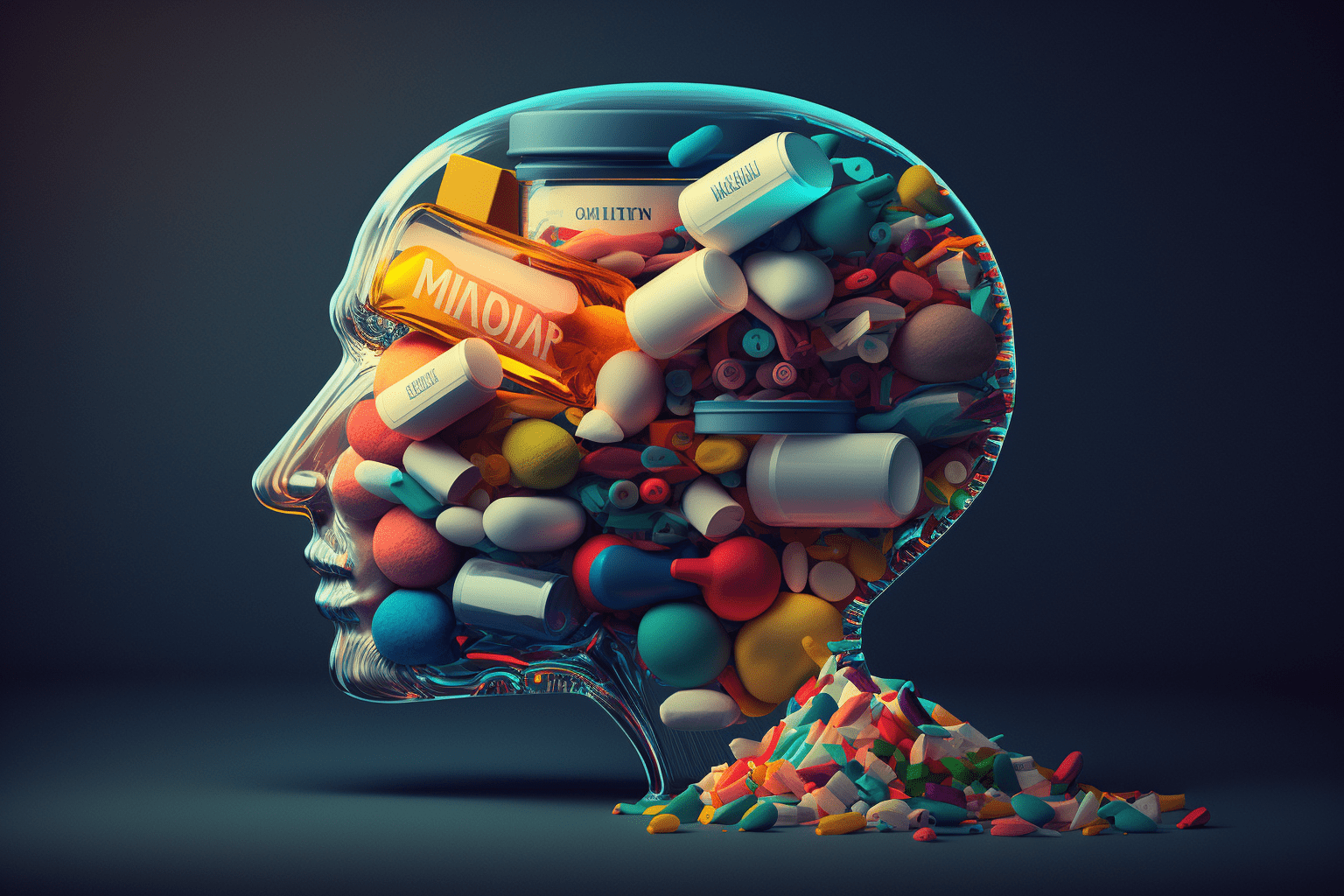Nootropics
Top 10 Natural Nootropics to Boost Your Cognitive Performance


Continue Reading

Nootropics are a class of drugs that improve cognitive function. They can be used to increase memory, focus and concentration, as well as prevent age-related decline in the brain.
Why use natural nootropics?
Natural nootropics have fewer side effects than synthetic ones and they’re easier on your body too! Plus, you’ll feel better about taking them because they’re made from plants or herbs instead of chemicals (and sometimes animals). Natural nootropics also tend to be more affordable than their synthetic counterparts because they aren’t patented by big pharmaceutical companies who want to make money off your health issues–you won’t find any patented formulas here!
Ginkgo Biloba is a herb that has been used for centuries to improve memory and cognitive performance. It increases blood flow to the brain, which can help with mental clarity. Ginkgo also has antioxidant properties, which may help prevent cell damage caused by free radicals.
Ginkgo is best taken in small doses over time–you don’t want to take too much of it at once or you might get an upset stomach!
Bacopa monnieri is an herb that has been used in Ayurvedic medicine to improve memory and learning. It increases serotonin levels, which helps with anxiety, depression and stress. The active ingredient in bacopa is bacoside A; this compound may also reduce the risk of neurodegenerative diseases such as Alzheimer’s by increasing the production of nerve growth factors (NGFs).
Bacopa has been shown to improve memory in healthy people as well as those with dementia or Alzheimer’s disease. In one study conducted on mice with scopolamine-induced amnesia (a drug that causes memory loss), bacopa was found to reverse their cognitive deficits when compared with a placebo group
Rhodiola Rosea is a perennial flowering plant that grows in the arctic and subarctic regions of Europe, Asia and North America. It has been used for centuries to improve mental performance, reduce fatigue and stress, increase serotonin levels and improve mood.
Rhodiola Rosea contains several active compounds including rosavins (which have antioxidant properties), salidrosides (which may help to increase dopamine levels) as well as rosarin which has been shown to improve memory function in healthy volunteers
Lion’s Mane Mushroom
Lion’s Mane is a fungus that grows on trees, and it’s been used for centuries in Chinese medicine. It contains compounds called hericenones and erinacines that boost nerve growth factor (NGF), which is important for learning and memory. In fact, studies have shown that Lion’s Mane can improve cognitive function in people with Alzheimer’s disease or other forms of dementia. The mushroom also increases levels of brain-derived neurotrophic factor (BDNF), an essential protein involved in learning and memory formation.
In addition to improving your memory, Lion’s Mane may help keep you healthy by boosting your immune system–it contains anti-inflammatory properties as well as antioxidants that fight free radicals caused by stressors like pollution or poor diet choices
Green tea is a powerful nootropic that has been shown to improve mental alertness and concentration. The caffeine in green tea can increase dopamine levels, which stimulates the brain’s reward center and increases focus.
Turmeric, a member of the ginger family, has been used as a spice and medicine for thousands of years. It’s known for its antioxidant properties, which help reduce inflammation and improve memory.
Turmeric contains curcuminoids (a group of compounds that give turmeric its bright yellow color), which have been shown to have anti-inflammatory effects in the brain. Studies show that curcumin can prevent or reverse damage caused by Alzheimer’s disease and other forms of dementia by blocking an enzyme called COX-2 that causes inflammation throughout the body–including in the brain–and increases levels of BDNF (brain-derived neurotrophic factor), which supports neuronal health and function.[1][2]
Omega-3 fatty acids are a type of polyunsaturated fatty acid that’s essential for brain health. They’re thought to improve memory and cognitive performance, reduce inflammation in the body, increase brain-derived neurotrophic factor (BDNF), a protein that protects neurons from damage and helps them grow new connections.
Omega-3s can be found in foods such as fish oil supplements or oily fish like salmon; grass-fed beef; walnuts; flaxseed oil; chia seeds and leafy greens like kale or spinach.
Ginseng is a popular supplement that has been used for centuries to boost energy and enhance cognitive performance. It can be taken as a tea or in capsule form, but it’s important to note that ginseng has different effects depending on which type you take.
Ginseng root (Panax ginseng) is considered a tonic herb because of its ability to enhance physical performance, improve immune function and reduce stress levels. Panax ginseng contains compounds known as ginsenosides which have been shown to increase mental alertness while decreasing fatigue during long periods of concentration or study.
Caffeine is the most popular nootropic on the market. It’s a stimulant that can be found in coffee, tea and chocolate. Caffeine has been shown to improve mental alertness and increase dopamine levels in the brain.
Caffeine also increases focus and concentration by blocking adenosine receptors in your brain (adenosine is responsible for making you feel tired). The result is an increase in energy levels without any jittery side effects that come from drinking too much coffee or other caffeinated drinks like soda!
